Iodine, a trace mineral needed to make thyroid hormones
Iodine, a trace mineral needed to make thyroid hormones
Our body cannot make iodine, but it needs iodine to make thyroid hormones. These hormones control the body’s metabolism and many other important functions.
ROLE OF IODINE IN THE BODY
Iodine is a trace element that is naturally present in some foods, is added to some types of salt, and is available as a dietary supplement. Iodine is an essential component of the thyroid hormones thyroxine (T4) and triiodothyronine (T3). Thyroid hormones regulate many important biochemical reactions, including protein synthesis and enzymatic activity, and are critical determinants of metabolic activity . They are also required for proper skeletal and central nervous system development in fetuses and infants.
Thyroid function is primarily regulated by thyroid-stimulating hormone (TSH), also known as thyrotropin. It is secreted by the pituitary gland to control thyroid hormone production and secretion, thereby protecting the body from hypothyroidism and hyperthyroidism. TSH secretion increases thyroidal uptake of iodine and stimulates the synthesis and release of T3 and T4. In the absence of sufficient iodine, TSH levels remain elevated, leading to goiter, an enlargement of the thyroid gland that reflects the body’s attempt to trap more iodine from the circulation and produce thyroid hormones. Iodine may have other physiological functions in the body as well. For example, it appears to play a role in immune response and might have a beneficial effect on mammary dysplasia and fibrocystic breast disease.
The earth’s soils contain varying amounts of iodine, which in turn affects the iodine content of crops. In some regions of the world, iodine-deficient soils are common, increasing the risk of iodine deficiency among people who consume foods primarily from those areas. Salt iodization programs, which many countries have implemented, have dramatically reduced the prevalence of iodine deficiency worldwide.
Iodine in food and iodized salt is present in several chemical forms including sodium and potassium salts, inorganic iodine (I2), iodate, and iodide, the reduced form of iodine. Iodine rarely occurs as the element but rather as a salt; for this reason, it is referred to as iodide and not iodine. Iodide is quickly and almost completely absorbed in the stomach and duodenum. Iodate is reduced in the gastrointestinal tract and absorbed as iodide. When iodide enters the circulation, the thyroid gland concentrates it in appropriate amounts for thyroid hormone synthesis and most of the remaining amount is excreted in the urine.
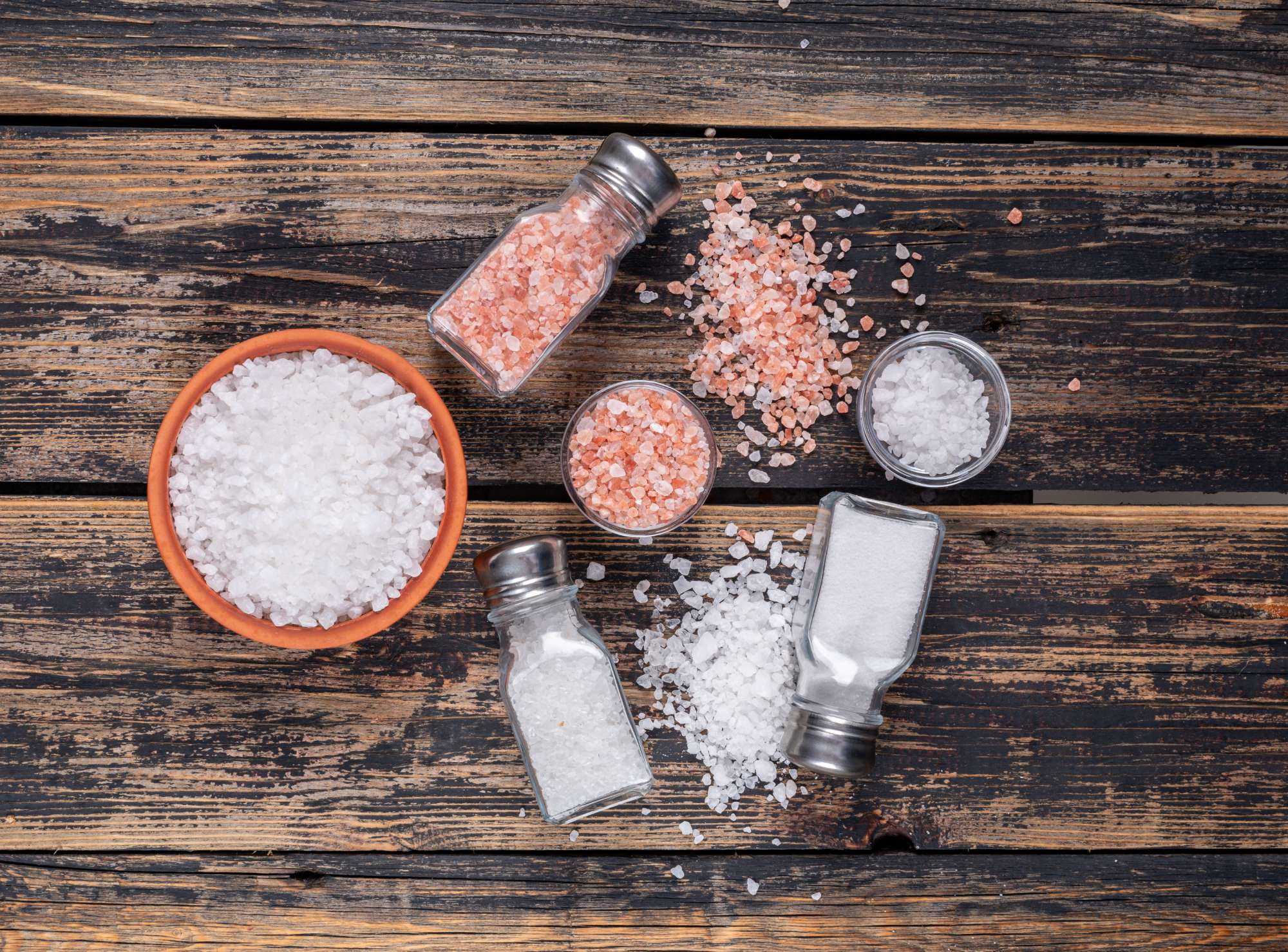
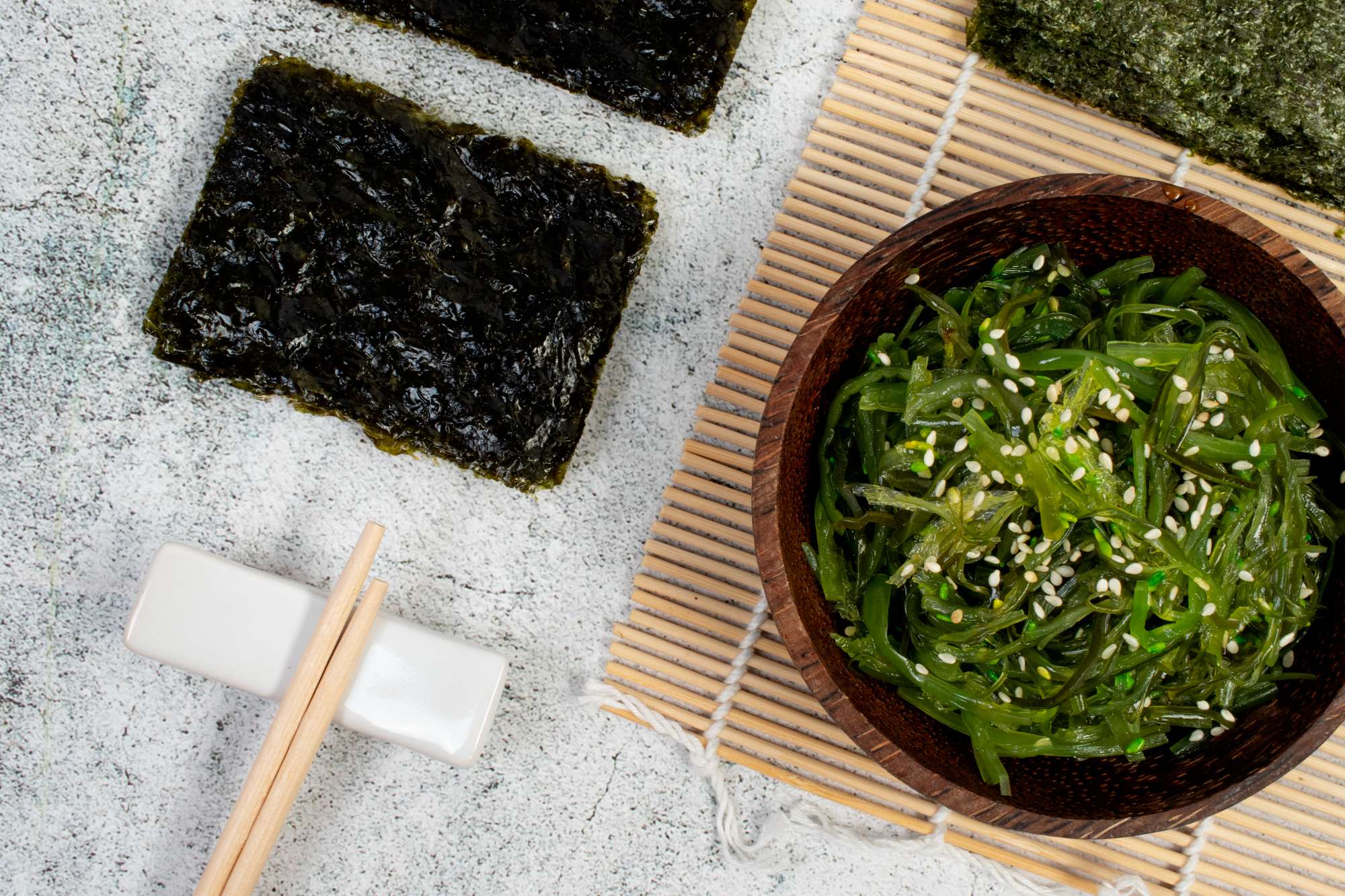
WHAT HAPPENS
IF THE BODY WITHOUT ENOUGH IODINE?
Iodine regulates metabolism, the conversion of energy obtained from food into energy to help cells function and grow. A deficiency of iodine can therefore prevent normal growth and development. This is especially dangerous in pregnant women and infants, in which miscarriage, stillbirth, stunted growth, and cognitive impairments (difficulties with reading, writing, talking, problem solving, social skills) can occur. In adults, an iodine deficiency of less than 10-20 mcg a day can lead to inadequate thyroid hormone production, called hypothyroidism, which disrupts normal metabolic functions like regulating heart rate, body temperature, and body weight. A lump or swelling in the neck, called goiter, often accompanies hypothyroidism. Other signs of hypothyroidism include: Fatigue, lethargy, weakness, sensitivity to cold, constipation, dry skin and hair, weight gain.
WHAT HAPPENS IF THE BODY HAS HIGH IODINE?
High iodine intakes are usually well-tolerated in most healthy people and do not cause problems. This has been observed in countries such as Japan and Korea that eat iodine-rich seaweed regularly. But some people with autoimmune thyroid disease or who have a history of chronic iodine deficiency can be sensitive to receiving extra iodine, inducing conditions of iodine deficiency like hypothyroidism and goiter. Excess iodine can also lead to too much thyroid hormone production, causing hyperthyroidism; signs of this condition are an increased metabolism that promotes weight loss, fast or irregular heartbeat, hand tremors, irritability, fatigue, and sweatiness. Sometimes even just a slight increase in dietary iodine above the RDA can cause iodine-induced hyperthyroidism in sensitive individuals.
Excess iodine intake may come from use of high-dose supplements or overeating certain seaweeds and salts that contain iodine. Severe iodine poisoning is rare, but symptoms include fever; stomach pain; nausea; vomiting; a burning sensation of the mouth, throat, and stomach; and even coma. Children, infants, the elderly, and those with existing thyroid disease are particularly vulnerable to iodine toxicity and iodine-induced hypothyroidism and hyperthyroidism.
RECOMMENDED AMOUNTS
RDA: Recommended Dietary Allowance
The amount of iodine you need each day depends on your age. Average daily recommended amounts are listed below in micrograms (mcg).
- Birth to 6 months: 110 mcg
- Infants 7–12 months: 130 mcg
- Children 1–8 years: 90 mcg
- Children 9–13 years: 120 mcg
- Teens 14–18 years: 150 mcg
- Adults: 150 mcg
- Pregnant teens and women: 220 mcg
- Breastfeeding teens and women: 290 mcg
UL: A Tolerable Upper Intake Level
A Tolerable Upper Intake Level is the maximum daily dose unlikely to cause adverse side effects in the general population. The UL for iodine for adults 19+ years and pregnant and lactating women is 1,100 mcg daily.

WHAT FOODS PROVIDE IODINE?
Iodine is found naturally in some foods and is also added to salt that is labeled as iodized. You can get recommended amounts of iodine by eating a variety of foods, including the following:
1. Iodized salt.
2. Fish (such as cod and tuna), seaweed, shrimp, and other seafood, which are generally rich in iodine.
3. Dairy products (such as milk, yogurt, and cheese) and eggs, which are also good sources of iodine.
Keep in mind:
Seaweed (such as kelp, nori, kombu, and wakame) is one of the best food sources of iodine. Other good sources include fish and other seafood as well as eggs. Iodine is also present in human breast milk and infant formulas.
Dairy products contain iodine. However, the amount of iodine in dairy products varies by whether the cows received iodine feed supplements and whether iodophor sanitizing agents were used to clean the cows and milk-processing equipment. For example, an analysis of 59 samples of nonfat milk found a range of 38 to 159 mcg per cup. Plant-based beverages used as milk substitutes, such as soy and almond beverages, contain relatively small amounts of iodine.
Most commercially prepared bread contains very little iodine unless the manufacturer has used potassium iodate or calcium iodate as a dough conditioner. Manufacturers list dough conditioners as an ingredient on product labels but are not required to include iodine on the Nutrition Facts label, even though these conditioners provide a substantial amount of iodine. According to 2019 data from the U.S. Department of Agriculture (USDA) Branded Food Products Database, approximately 20% of ingredient labels for white bread, whole-wheat bread, hamburger buns, and hot dog buns listed iodate. Pasta is not a source of iodine unless it is prepared in water containing iodized salt because it absorbs some of the iodine.
Most fruits and vegetables are poor sources of iodine, and the amounts they contain are affected by the iodine content of the soil, fertilizer use, and irrigation practices. This variability affects the iodine content of meat and animal products because of its impact on the iodine content of foods that the animals consume. The iodine amounts in different seaweed species also vary greatly. For example, commercially available seaweeds in whole or sheet form have iodine concentrations ranging from 16 mcg/g to 2,984 mcg/g.
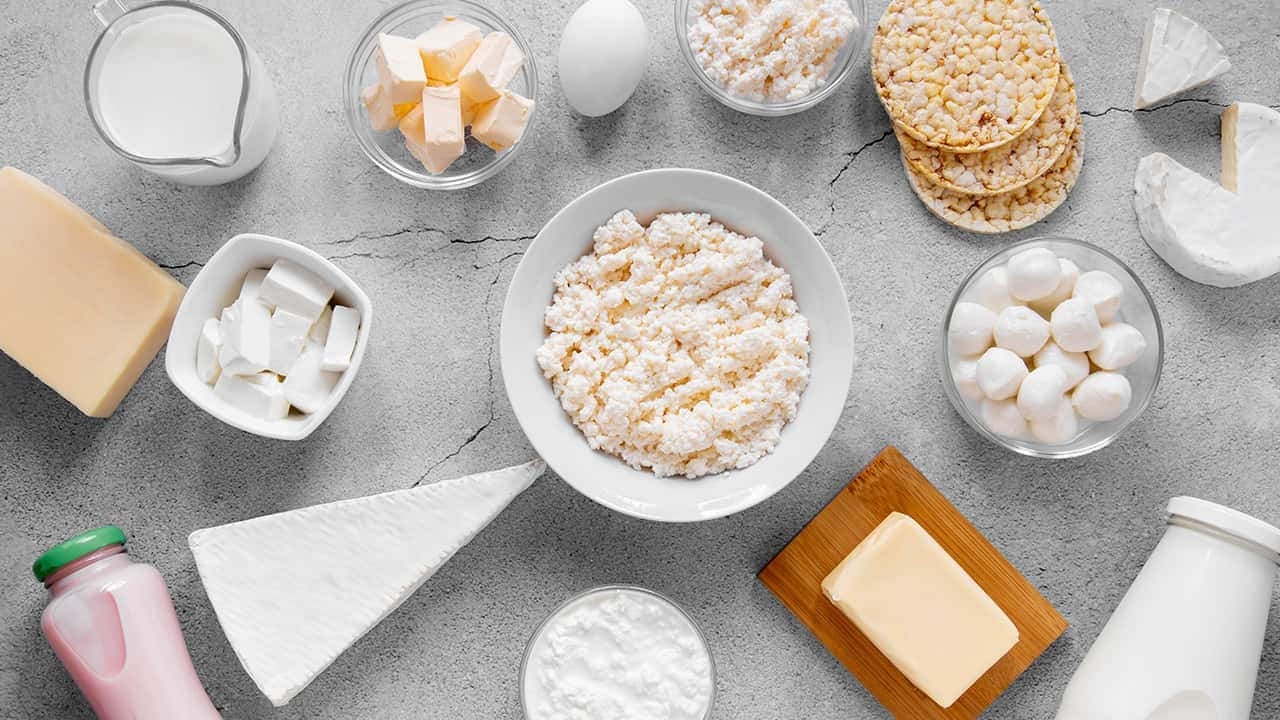
.jpg)

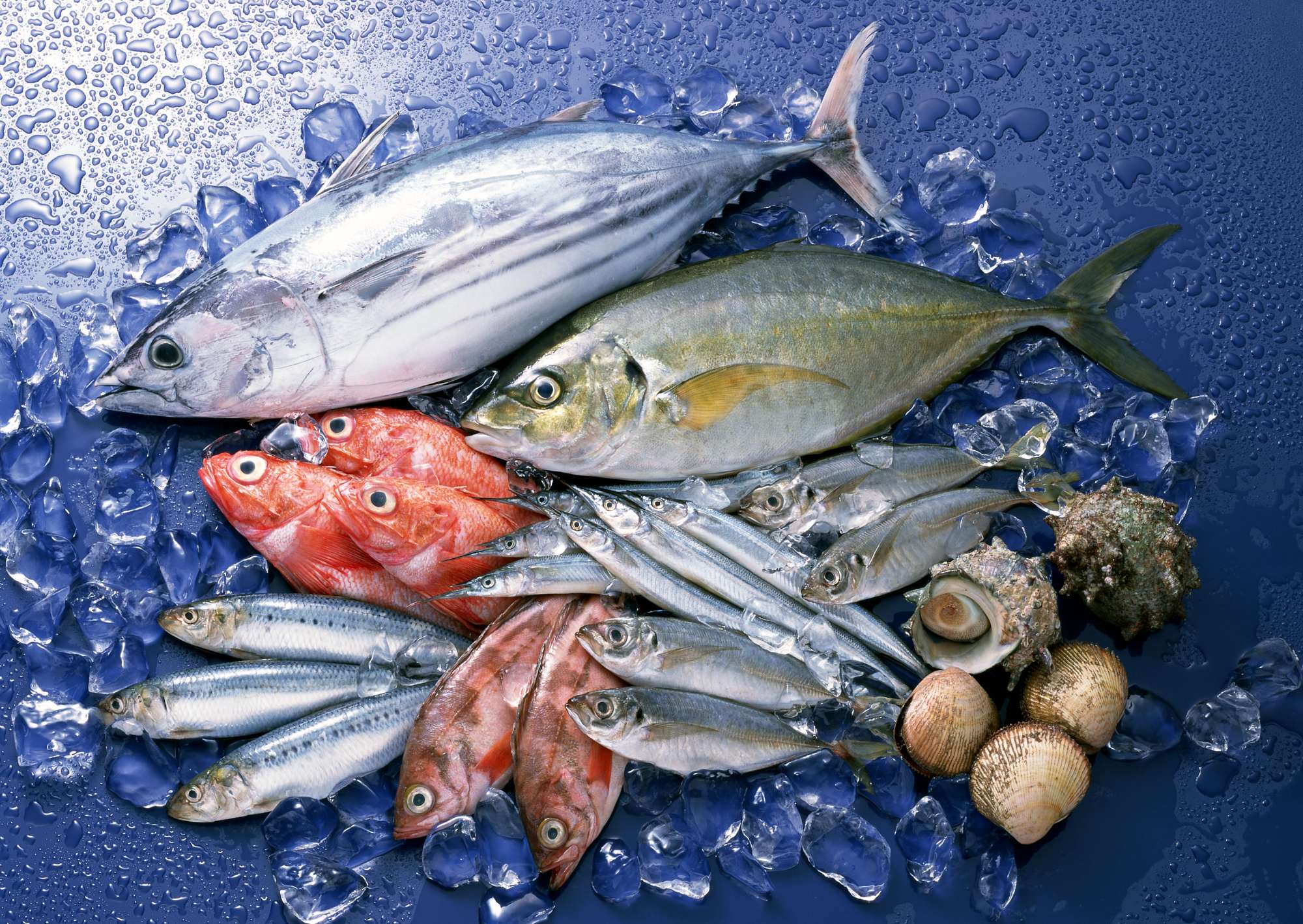
IODINE AND HEALTH
Scientists are studying iodine to understand how it affects health. Here are some examples of what this research has shown.
1. Fetal and infant development
Women who are pregnant or breastfeeding need to get enough iodine for their babies to grow and develop properly. Breastfed infants get iodine from breast milk. However, the iodine content of breast milk depends on how much iodine the mother gets. To make adequate amounts of iodine available for proper fetal and infant development, several national and international groups recommend that pregnant and breastfeeding women and infants take iodine supplements. The American Thyroid Association recommends that women who are pregnant, planning to become pregnant, or breastfeeding take a daily supplement containing 150 mcg iodine as potassium iodide. The American Academy of Pediatrics has similar guidance. However, only about half the prenatal multivitamins sold in the United States contain iodine.
2. Cognitive function during childhood
Severe iodine deficiency during childhood has harmful effects on the development of the brain and nervous system. The effects of mild iodine deficiency during childhood are more difficult to measure, but mild iodine deficiency might cause subtle problems with neurological development. Giving iodine supplements to children with mild iodine deficiency improves their reasoning abilities and overall cognitive function. In children living in iodine-deficient areas, iodine supplements seem to improve both physical and mental development. More study is needed to fully understand the effects of mild iodine deficiency and of iodine supplements on cognitive function.
3. Fibrocystic breast disease
Although not harmful, fibrocystic breast disease causes lumpy, painful breasts. It mainly affects women of reproductive age but can also occur during menopause. Very high doses of iodine supplements might reduce the pain and other symptoms of fibrocystic breast disease, but more study is necessary to confirm this. Check with your health care provider before taking iodine for this condition, especially because iodine can be unsafe at high doses.
4. Radiation-induced thyroid cancer
Nuclear accidents can release radioactive iodine into the environment, increasing the risk of thyroid cancer in people who are exposed to the radioactive iodine, especially children. People with iodine deficiency who are exposed to radioactive iodine are especially at risk of developing thyroid cancer. The U.S. Food and Drug Administration has approved potassium iodide as a thyroid-blocking agent to reduce the risk of thyroid cancer in radiation emergencies.

GROUP AT RISK OF IODINE INADEQUACY
Most people get enough iodine from foods and beverages. However, certain groups of people are more likely than others to have trouble getting enough iodine:
1. People who do not use iodized salt
Adding iodine to salt is the most widely used strategy to control iodine deficiency. Currently, about 88% of households worldwide use iodized salt.
2. Pregnant women
Women who are pregnant need about 50% more iodine than other women to provide enough iodine for their baby. Surveys show that many pregnant women in the United States may not get quite enough iodine, although experts do not know whether this affects their babies.
3. People who follow a vegan diet
People who follow a vegan diet or who eat few or no dairy products, seafood, and eggs. Seafood, eggs, milk, and milk products are among the best sources of iodine. People who don’t eat much of these foods or don’t eat them at all might not get enough iodine.
4. People living in regions with iodine-deficient soils
People living in regions with iodine-deficient soils who eat mostly local foods. These soils produce crops that have low iodine levels. Among the regions with the most iodine-poor soil are mountainous areas, such as the Himalayas, the Alps, and the Andes regions, as well as river valleys in South and Southeast Asia..
5. People who get marginal amounts of iodine
People who get marginal amounts of iodine and who also eat foods containing goitrogens. Goitrogens are substances that interfere with the way the body uses iodine. They are present in some plant foods including soy and cruciferous vegetables such as cabbage, broccoli, cauliflower and brussels sprouts. For most people in the United States who get adequate amounts of iodine, eating reasonable amounts of foods containing goitrogens is not a concern.
DID YOU KNOW?
In the U.S., people obtain most of their dietary iodine from iodized salt and milk.
Iodine supplements can interact with certain blood pressure medications and diuretics, including lisinopril, spironolactone, and amiloride, causing a dangerous buildup of potassium in the blood called hyperkalemia.
Iodine is an ingredient in contrast agents that a person may take before having an X-ray or computed tomography (CT scan). It helps to absorb the rays so that clearer pictures of the body’s organs can be seen.
Compiled and penned by Crocus Media
Products

Extra Virgin Coconut Oil By Cold Press
At a temperature below 25 degrees Celsius, extra virgin coconut oil begins to solidify, which is the physical effect and does not affect the product’s quality.

Drip Bags Coffee
This is a combination version of the delicate sweetness of Red Bourbon coffee with the rich sweetness of Catimor coffee, taking the seductive aroma of Bourbon to activate the feeling of euphoria. Pre-ground coffee, contained in a paper filter bag, is very convenient and saves time to make a perfect cup of coffee that brings many health benefits and mental refreshment.

.jpg)
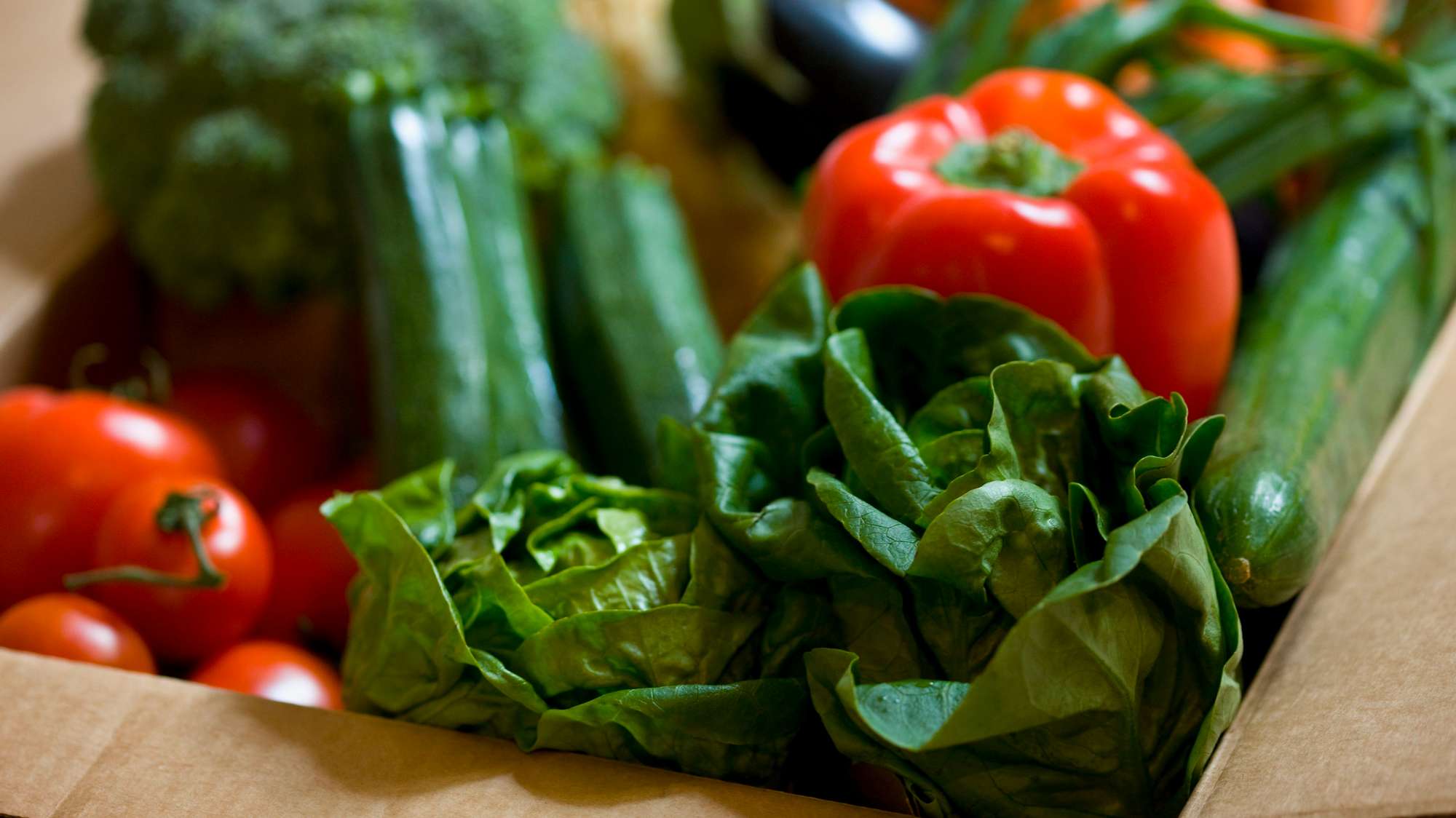
.jpg)